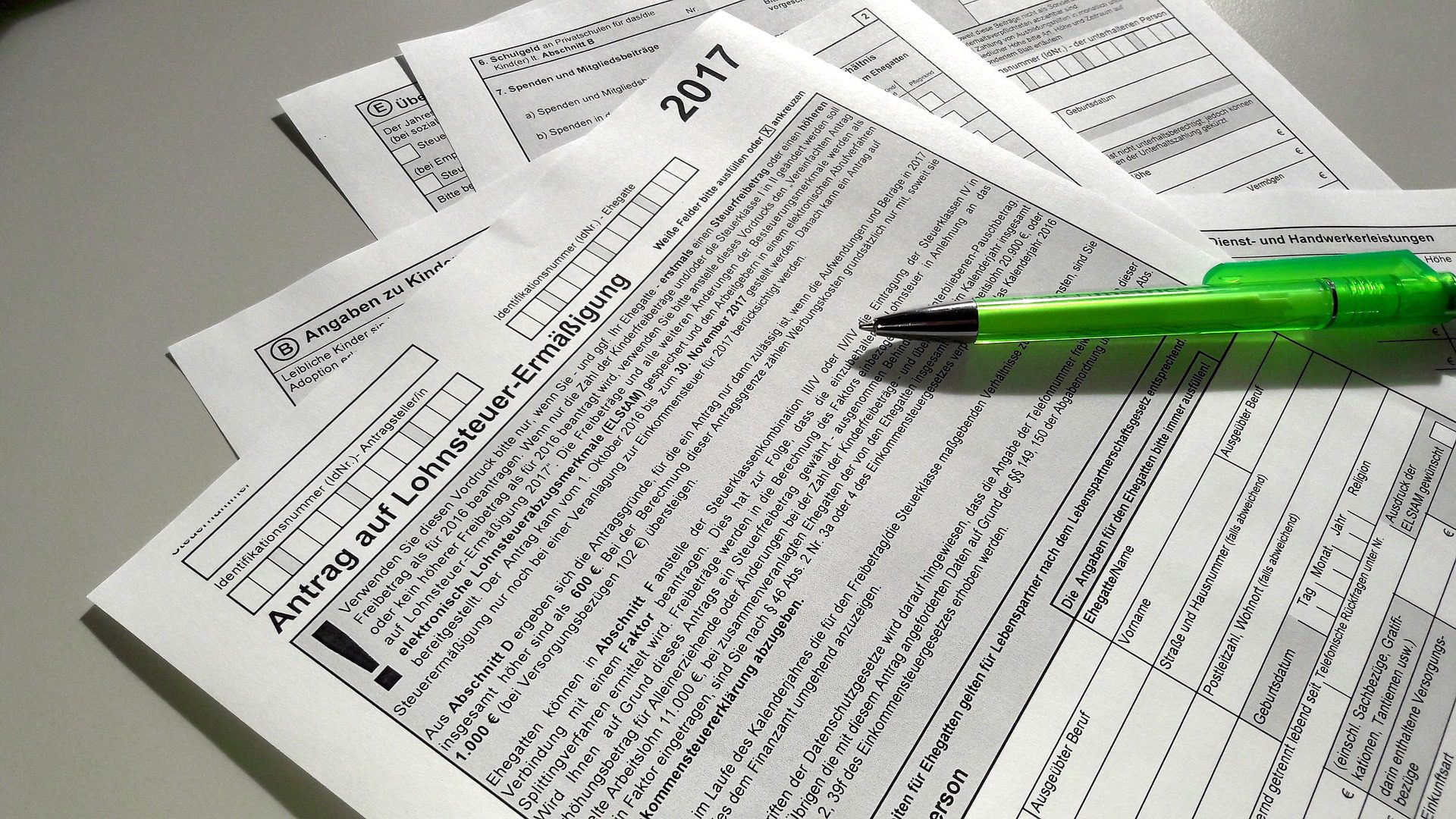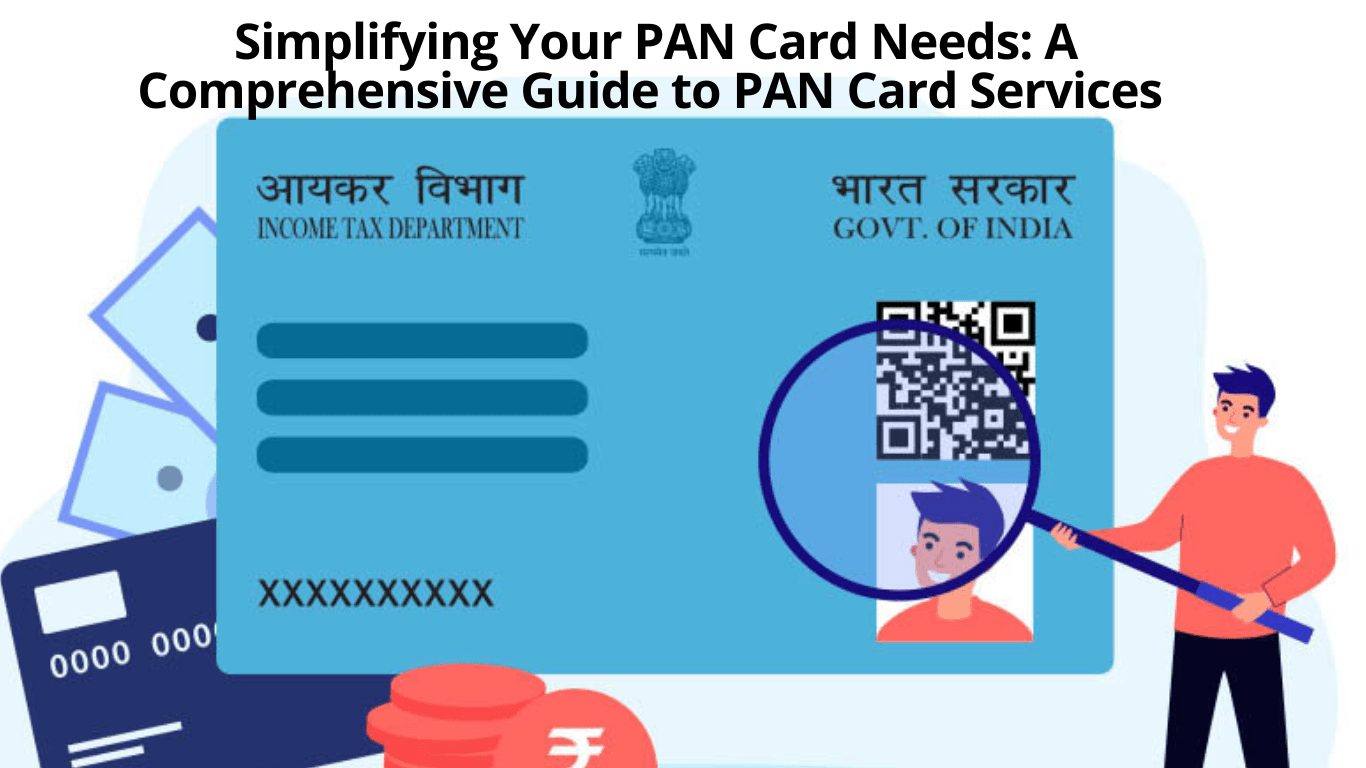Introduction
Regarding your paycheck, it’s easy to glance at the number and move on. However, it’s important to take the time to understand your paycheck stub, as it contains valuable information about your pay and deductions. In this blog post, we’ll explore the importance of understanding your paycheck stub and what information you can find.
If you find errors on your paycheck stub, taking action is important. Contact your employer and bring the error to their attention. They should be able to correct the error and issue you a corrected paycheck stub. If the error is not corrected, you may need to contact your state labor department for assistance.
Keeping your paycheck stubs for at least one year is also important. This can be useful if you need to refer back to them for tax purposes or dispute any discrepancies in your pay.
If you’re confused about any of the information on your paycheck stub, don’t hesitate to ask your employer or HR representative for clarification. They should be able to explain the details of your pay and deductions in a way that is easy to understand.
In addition to understanding your paycheck stub, it’s important to understand your rights as an employee when it comes to paying and deductions. For example, you can receive minimum wage and overtime pay if you are eligible. You also have the right to receive a pay stub that accurately reflects your pay and deductions.
What is a Paycheck Stub?
A paycheck stub is a document that accompanies your paycheck and provides information about your pay and deductions. It typically includes your gross pay, net pay, taxes withheld, and other deductions. It also includes important details about your employer, such as their name and address.
Why is it Important to Understand Your Paycheck Stub?
Understanding your paycheck stub is important for several reasons:
- Ensuring Accuracy
By understanding your paycheck stub, you can ensure you are being paid correctly. You can check that your gross pay matches your hours and that the taxes and deductions are accurate.
- Budgeting
Your paycheck stub can also help you budget your finances. By understanding your net pay, you can calculate how much money you must spend and save.
- Tax Preparation
Your paycheck stub can also be useful when it comes to tax preparation. It provides information about the taxes withheld from your pay, which can help you calculate your tax liability.
- Benefits and Deductions
Understanding your paycheck stub can also help you understand any benefits or deductions being taken from your pay. This can include contributions to a retirement plan, health insurance premiums, or other deductions that may impact your take-home pay.
What Information Can You Find on Your Paycheck Stub?
Now that we understand why it’s important to understand your paycheck stub, let’s take a look at the information you can find on it:
- Gross Pay
Your gross pay is your earnings before any taxes or deductions are removed.
- Net Pay
Your net pay is the amount you take home after removing taxes and deductions.
- Taxes Withheld
Your paycheck stub will show the amount of taxes withheld from your pay, including federal income tax, state income tax, Social Security tax, and Medicare tax.
- Deductions
Your paycheck stub may also show any deductions taken out of your pay, such as contributions to a retirement plan or health insurance premiums.
- Year-to-Date Totals
Your paycheck stub may also include year-to-date totals, which show how much you have earned and how much has been withheld from your pay in the current tax year.
How to Read Your Paycheck Stub?
Reading your paycheck stub may initially seem daunting, but it’s quite simple. Here’s a step-by-step guide:
- Look at the Top of the Stub
The top of the stub typically includes your name, address, and Social Security number. Make sure that this information is correct.
- Check Your Gross Pay
The next section will show your gross pay for the pay period. Ensure that this amount matches the hours you worked and the pay rate you agreed to with your employer.
- Look at the Taxes Withheld
The next section will show the taxes withheld from your pay. Ensure that these amounts are accurate and match the tax rate for your income level.
- Check Your Deductions
The next section will show any deductions taken out of your pay. Ensure that these deductions are accurate and that you understand what they are for.
- Look at Your Net Pay
The final section will show your net pay. This is the amount you take home after taxes and deductions are removed.
Conclusion
Understanding your paycheck stub is crucial for ensuring that you are being paid correctly and aware of any deductions or benefits being taken out of your pay. By taking the time to read and understand your paycheck stub, you can ensure that you are treated fairly and have a clear picture of your finances. Please speak with your employer or HR representative if you have any questions or concerns about your pay or deductions.










